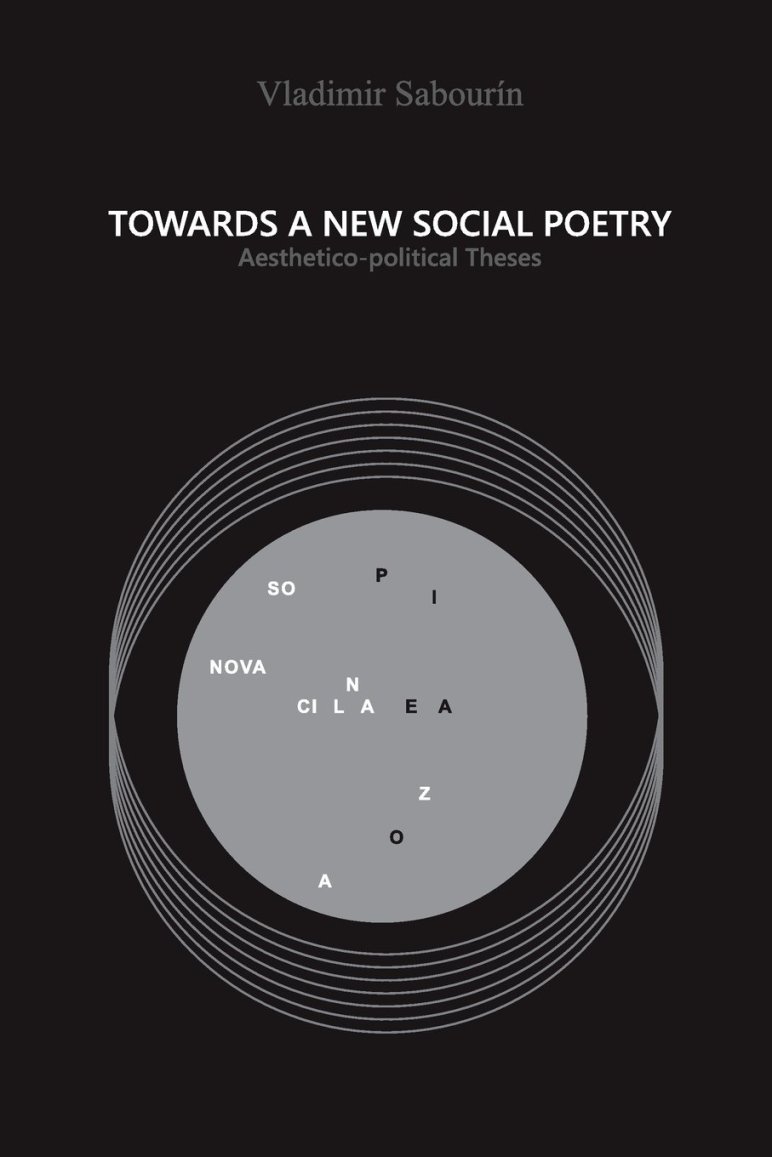
“New Social Poetry” is a Bulgarian literary movement, created in 2016 in Sofia. The first publication of this group, the “Manifesto of the New Social Poetry” has caused a lot of controversial discussions due to the outspoken rhetoric of the text against the so-called “peaceful transition” in Bulgaria, a period after the official end of communism that can be characterized, among others, by a continuity of old elites and their representatives in the cultural sphere.
In an essay collection “Towards a New Social Poetry” by the group’s founder, Vladimir Sabourin, the author offers his analysis of the situation of Bulgarian poetry and the conditions in which it is created today; recent developments related to the prestigious “Literary Journal” (Literaturen Vestnik) were for him obviously the trigger to create this new poetic movement. In the short time since its foundation, the group has held many public readings all over Bulgaria, started a successful journal “New Social Poetry“, and has already a number of book publications in Bulgarian and in translation, of which beside the “Manifesto” and the essay book also an almanach (“New Social Poetry – the Anthology“) are available in English. Reason enough for me (TH) to conduct an interview with the group’s founder, Vladimir Sabourin (VS).
TH: Vladimir, you once said that you are not a Bulgarian poet, but a poet who writes in Bulgarian. What did you mean by that and why is this distinction important to you?
VS: I come from a mixed marriage, my mother is Bulgarian, my father Cuban of French origin. I grew up as non-accepted, as stranger, “nichtdazugehörig” as the Germans say, both on the part of the Bulgarians and on the part of the Cubans. Writing, poetry is a homeland that nobody can challenge. I write in a minor language, but I do not share the self-contemptuous image the Bulgarians have of themselves and their language. In the major literary languages, it is perfectly natural to write in a language to which you ethnically don’t belong. I consider the language in which I write a major literary language.
TH: My personal impression as a reader (and occasional translator) of Bulgarian poetry is that many – even well-known – Bulgarian poets write “naive” poetry. I do not mean that in a denigrating sense, but rather as an expression of the fact that it is often not clear to me if these poets are familiar with the spectrum and variety, the history and formal language of modern poetry. Compared to that, your poems left a very different impression on me. Looking at your poetic development, what were the main influences for you? In what tradition do you see yourself as a poet?
VS: Your impression corresponds to a reality, already commented by the first major Bulgarian modernist poet Pencho Slaveykov at the beginning of the last century. It is extremely important to understand however that this is today a reality nurtured by state institutions for both internal and external use. If you like, this can be described as a state-sponsored reality that aims at building a pseudo-identity, just like for exports such as yoghurt. The great modern poets are a problem for this country, they are either just murdered (Geo Milev, Nikola Vaptsarov) or hushed up. Does anyone outside of a small circle in Bulgaria – not to mention outside the country – know Zlatomir Zlatanov or Ani Ilkov? The image of Bulgarian poetry continues to be built on the “naive”, “natural”, even when it is just a marketing trick, adapted to foreign expectation. This expectation is disparaging, and the fitting to it is a testimony of a deep inferiority complex. – In the Bulgarian poetry my teachers are Ani Ilkov and Zlatomir Zlatanov, in the foreign-language poetry in the first place Bertolt Brecht.
TH: Your recent collection of poems “Trotsky’s Remains“, which has been compiling your poetic work since the early 1990s, has been self-published. Why?
VS: My first poetic book was self-published, 25 years later I am again in the position of having to release a collection of my poems myself. From an existential point of view, this is a stoic amor fati. Sociologically, it is a textbook example for the omerta, in which the “naivety” of Bulgarian literature flourishes in a publishing landscape, which is dependent on the initial accumulation of capital with – to say the least – dubious origin. The large publishers are an integral part of the state-capitalist oligarchic model, the small ones are dependent on state subsidies that nurture the ideology of “naivety”. At the end of the day, my conscience as author is clear and none of my books has been published within this framework. For this autonomy, without which there is no modern poetry, I have to thank my parents Jesús Sabourín and Margarita Drenska and my friend and literary brother-in-arms Ventsislav Arnaoudov.
TH: You are not only a poet, but also a congenial translator of poetry. Which poets have you translated and what does translation mean to you?
VS: When I can’t write poetry, I translate poetry. I see translations as an integral part of my own poetry, as Ezra Pound does. And with my translations I am facing the same kind of omerta as with my own poetry, but my personal blog is some sort of “collected translations-in-progress”, including Bertolt Brecht, Fernando Pessoa, Heiner Müller, Jorge Manrique, Nicanor Parra, Rainer Maria Rilke, Roberto Bolaño, Sarah Kirsch, Sylvia Plath, Vicente Huidobro, Virgilio Piñera, Archilochus, Velimir Chlebnikov, Joseph Brodsky, Hugo Ball, Ezra Pound…

TH: Some time ago you wrote a “Manifesto of the New Social Poetry” and a collection of essays “Towards a New Social Poetry: Aesthetico-political Theses”; almost at the same time, a literary group “New Social Poetry” has established itself and there is now also a literary magazine of the same name. What is the “Manifesto” about and what motivated you to write it?
VS: In the summer of 2016 something like “privatization”, in fact another theft of communal property with legal means happened, concerning the most important literary periodical after 1989 – the “Literary Journal” (Literaturen Vestnik). The current editorial team of the newspaper discarded its creators (who in the 1990’s had invited them as editors), ending a long-standing process of corporate academic and literary adhesion, destroying the radical political nature of the “Literary Journal”. As an author, I grew up in the “Literary Journal” during its radical-political phase. Its “privatization” by a corporation of university departments was the drop that made the glass overflow for me. What happened with the “Literary Journal” was another example of the misappropriation of communal property, which characterized the entire “peaceful transition” from socialism to capitalism in Bulgaria. The ongoing deterioration of “Literary Journal” is evident recently in the case of Julia Kristeva – after her unmasking as a former agent of the Bulgarian State Security*, the newspaper should have asked her to withdraw from the Editorial Board of the journal. But they did not. The “Manifesto” turns against this adhesion of unscrupulous academic power and literature.

TH: There were – as probably with every new group of poets – a few “faction fights” and splits or resignations within the “New Social Poetry” group. In the meantime, however, the group, according to my impression, is developing a lively activity, which is not limited to just the mentioned magazine. I am thinking of the readings and the book publications. Maybe you can say a few words about that?
VS: The central issue of the “Manifesto” is the revival of literary life after nearly two decades of literary “peaceful transition.” Since the autumn of 2016, when we founded the group “New Social Poetry,” there was a dynamic in the literary field that we had forgotten since the end of the period of political radicality of the 1990s. What’s happening inside our group is part of this dynamics. I like your analogy with the factional divisions and struggles typical of radical political movements. “New Social Poetry” is an avant-garde group that wants to bring back political radicalism to literary life, it is logical to apply this principle within the group as well. Not despite, but rather thanks to the “factional struggles”, we managed to make our first national tour with readings in Varna, Burgas, Plovdiv, Stara Zagora and Sofia in less than a year. At the same time, we issued two anthologies in English and French – at the self-publishing platform CreateSpace – New Social Poetry: The Anthology (translation by Christopher Buxton) and Nouvelle poésie sociale: L’Anthologie (translation by Krasimir Kavaldjiev).
TH: Who are your most important “comrades-in-arms” in the “New Social Poetry“? Are there any interesting young talents beside the established names?
VS: Unlike the predominant economic individualism in the Bulgarian literary circles, which is a reflection of the social misery of personal survival in the poorest country in the EU, we believe in the effectiveness of solidarity. There is no authentic avant-garde without joint action. The word “comrades-in-arms” is accurate – we are in war with the status quo of the “peaceful transition”. I’m mockingly referred to as a Latin American guerrillero, ok, that’s what I am. I am happy to work with Ventsislav Arnaoudov, Kiril Vassilev, Vania Valkova, Christina Vassileva, Alexander Nikolov, Nikolay Fenerski, Ivan Marinov. More recently, the young poet and editor of the magazine A. Nikolov, barely reaching the age of majority, published his debut poetic book “fairness.” Take a look also at his peer, Michaela Angelova, who debuted in our magazine, and whose poem “Time is a Man” is published in the anthologies.
TH: What are the plans for the near future? Your own and those of the group “New Social Poetry“?
VS: We are currently working on the Spanish translation of our anthology, I think in the summer I’m going to have her translated into German. My plan is to blow up the “peaceful transition” with the “New Social Poetry”.
TH: One last question: Which Bulgarian book with poetry would you like to see translated in English?
VS: Kiril Vassilev’s Provinces (Small Stations Press 2015)
TH: Vladimir, thank you for this interview.
All three titles (New Social Poetry – the Anthology, Towards a New Social Poetry, and Manifesto for a New Social Poetry are translated in English by Christopher Buxton and were published at CreateSpace in 2018)
*Julia Kristeva denies these allegations; according to her, the whole dossier with several hundred pages, which was published online by the Dossier Commission that deals with the State Security files, is a fabrication with the aim to tarnish her reputation.
Introduction, questions and translation of the interview from the German/Bulgarian original by Thomas Hübner.
This interview was first published at the blog of Global Literature in Libraries Initiative, June 13, 2018 for #BulgarianLiteratureMonth.
© Thomas Hübner and Mytwostotinki, 2014-8. Unauthorized use and/or duplication of this material without expressed and written permission from this blog’s author and/or owner is strictly prohibited. Excerpts and links may be used, provided that full and clear credit is given to Thomas Hübner and Mytwostotinki with appropriate and specific direction to the original content.

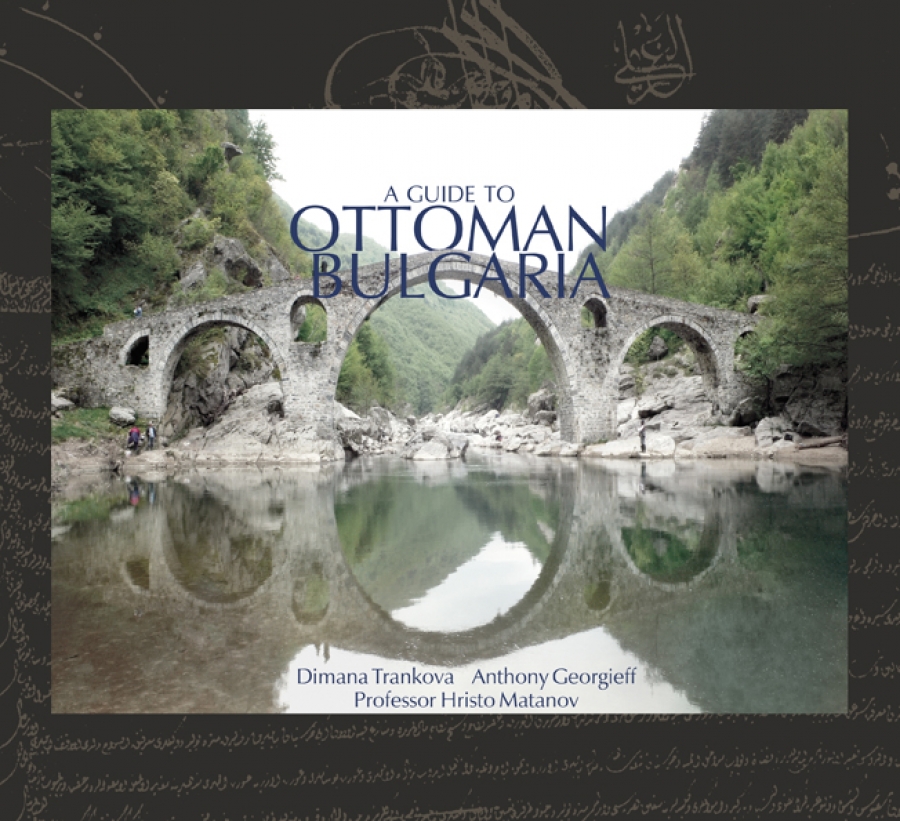





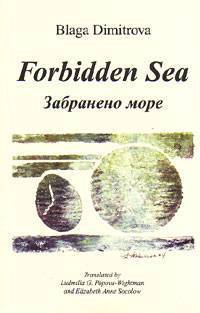
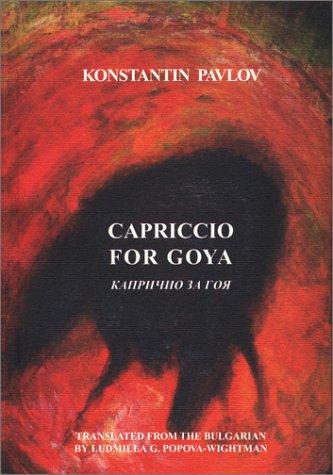
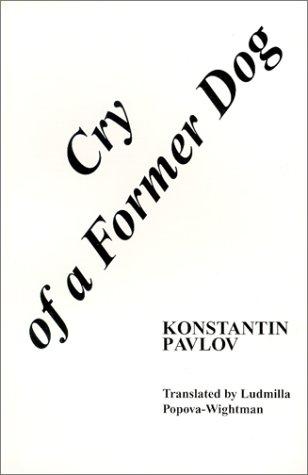
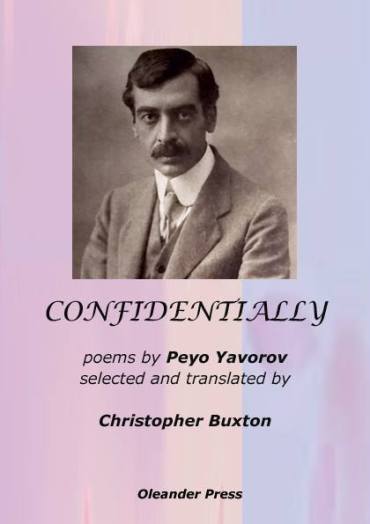
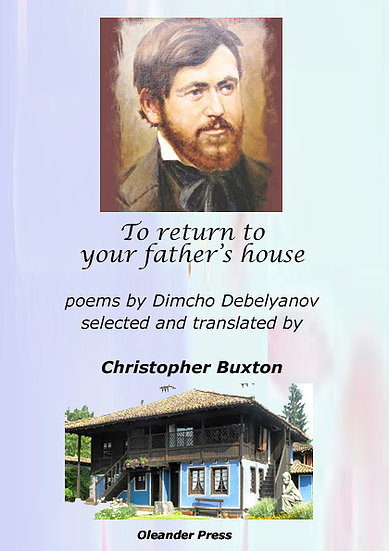
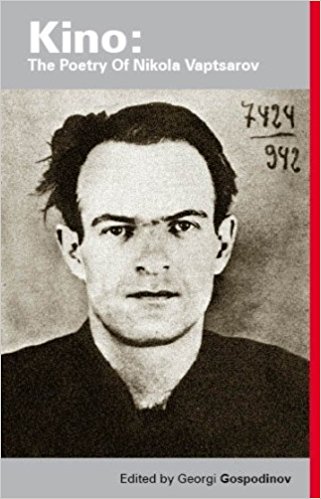







 Facebook
Facebook RSS
RSS Twitter
Twitter